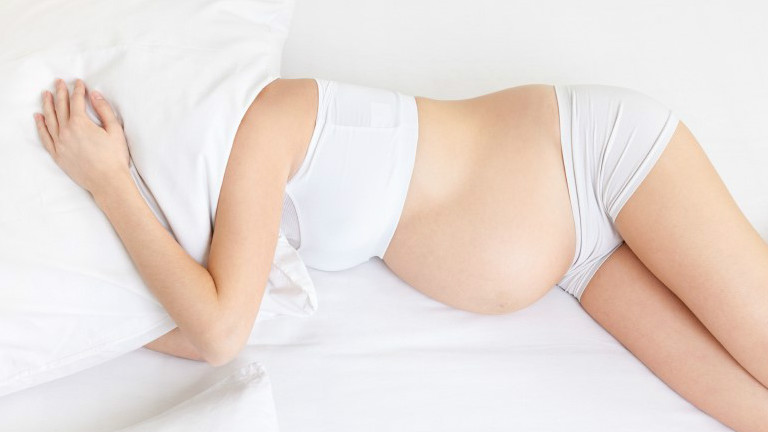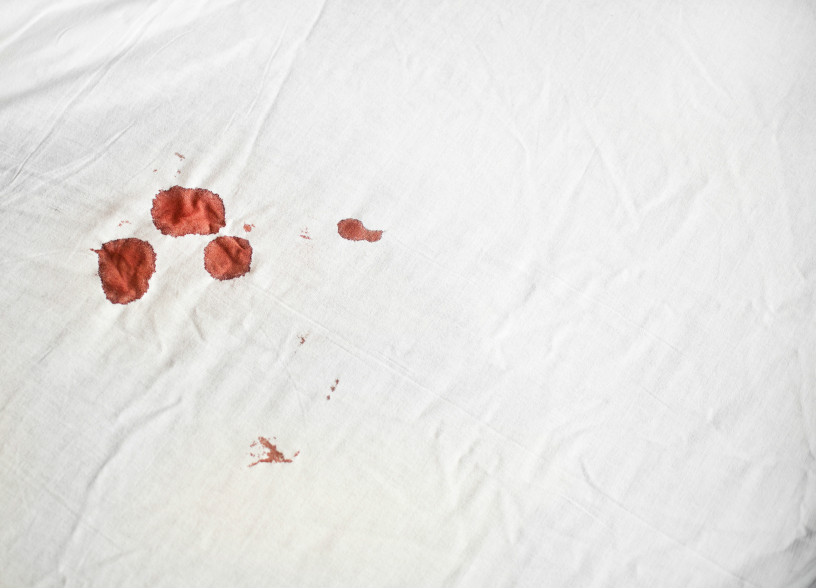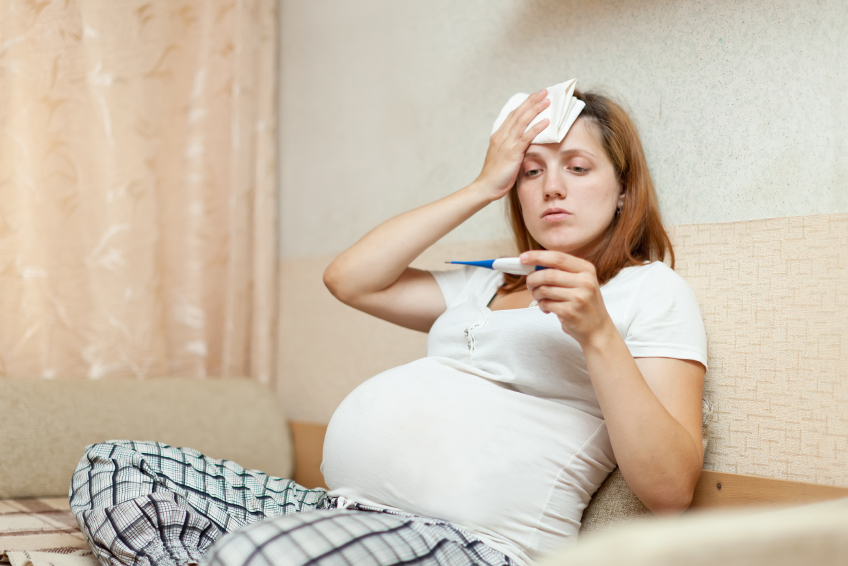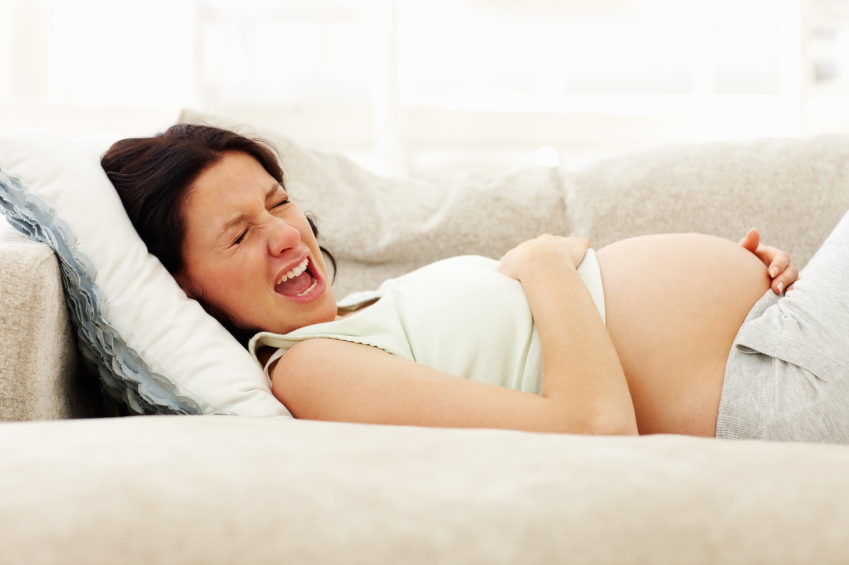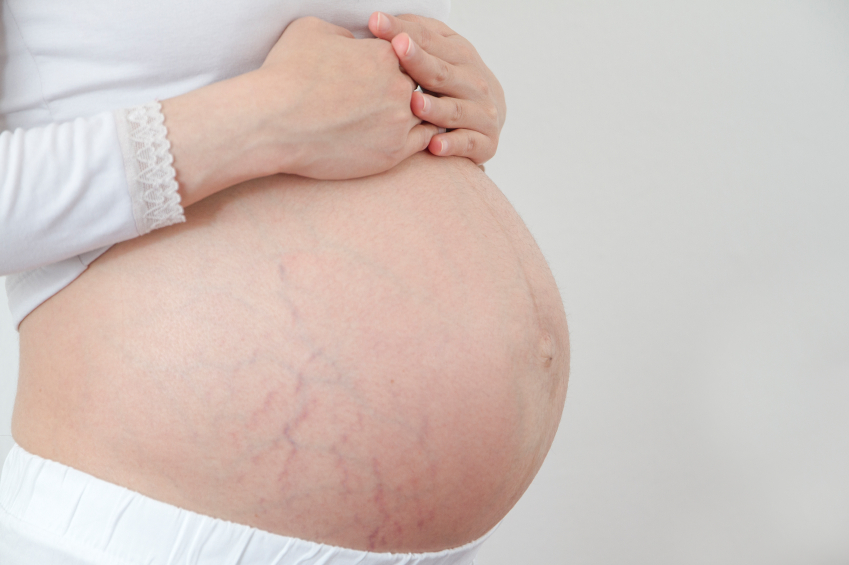Pregnant? Congrats! But, now what happens? Healthista GP Dr.Deyo Famuboni talks us through what really happened to your body during pregnancy
Are you thinking of conceiving or have become pregnant? Are you wondering what to expect throughout the pregnancy journey? Well, here’s a snippet of changes that can happen at each stage (or trimester) of the pregnancy- from early pregnancy changes to the middle and then final trimester and what to do to relieve some of the uncomfortable changes.
First trimester
Early Spotting
One of the early signs can be a bit of bloody spotting, a few days before your period is due. If no pain and very minimal, this can be what is called ‘an implantation bleed’. Speak to your doctor to ensure there is no other cause of this.
Other signs include feeling tired, a change in perception of taste and smell
Abdominal discomfort
If persisting abdominal pain with dizziness or feeling faint, it is best to seek medical advice soon as it may be a sign that the pregnancy is in the wrong place ( ectopic). Other signs include feeling tired, a change in perception of taste and smell, urine frequency and self limiting abdominal discomfort.
MORE: 11 ways experts beat their OWN tiredness
Eating little and often to ensure blood sugars are kept stable
Feeling Hungover

Morning sickness can last throughout the first trimester
It is important to keep hydrated and if you are unable to keep anything down, seeing your doctor can help as medications can be prescribed. Morning sickness can last throughout the first trimester, for some women, it persists into the second trimester and very occasionally, all through pregnancy.
Food moves down the gut slowly so nutrients can be absorbed well
Food moving down to the gut
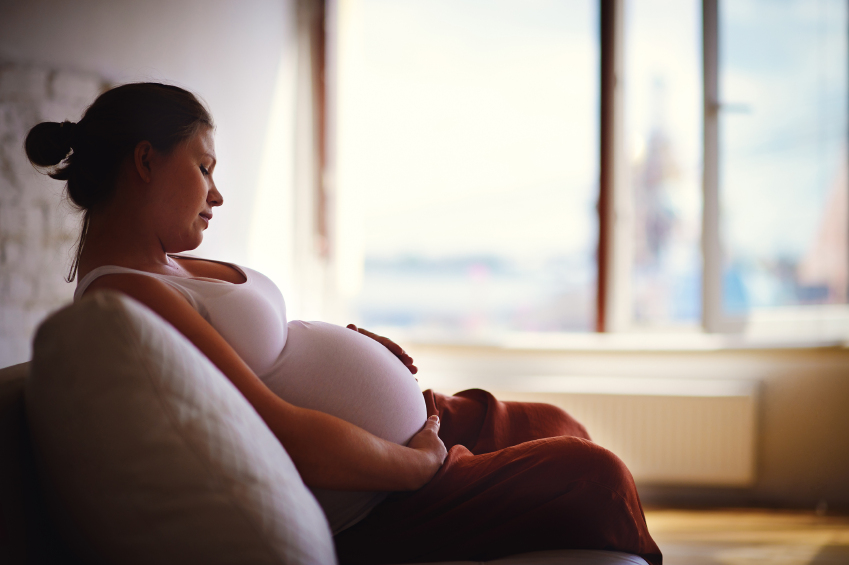
The last two occurs because food moves down the gut slowly so nutrients can be absorbed well. A high fibre diet and avoiding foods that you’ve noticed causes heartburn for you, can help.
Medications over the counter can also be helpful- discuss this further with the pharmacist or your doctor.
Most women begin to show at about 20 weeks pregnant
Second trimester
Starting to feel more energised
It is best to wait an hour before brushing your teeth if you have been vomiting
This usually starts when you are 14 weeks. Most women find they are feeling better, able to eat well and have more energy. It is often the most comfortable of all trimesters and therefore worth getting things prepared for the little one’s arrival- during the later stages of this period. You might begin to notice the bulge in your lower abdomen. Most women begin to show at about 20 weeks pregnant, this is when the womb has grown to the belly button.
MORE: 7 embarrassing symptoms not to ignore
Increased hormones and blood circulation
Changes that occur, due to increase in hormones and also blood circulation, include nasal swelling and congestion, nose and gum bleeds, continued constipation, heartburn and bloating, mild swelling around the ankles, hands and face, prominent veins, mild headaches, increase in vaginal discharge, and the fetus moving towards the middle/end of this trimester.
If the leg cramps are in your calf and may be swollen, seek medical advice to ensure it isn’t a blood clot- pregnancy is a risk factor for this
Seeing a dentist during pregnancy is important as you become more susceptible to plaque and bacteria. It is best to wait an hour before brushing your teeth if you have been vomiting as the stomach acids can cause it to erode.
Cramping
Towards the later stages of this trimester, leg cramps and abdominal aches can occur. If the leg cramps are in your calf and may be swollen, seek medical advice to ensure it isn’t a blood clot- pregnancy is a risk factor for this. The aches can be due to the ligaments of the womb stretching. If the pain is within your pelvic region, it could be a condition called pelvic girdle pain- this is a stiffness or asymmetry of the pelvic joints.
Skin changes also occur in part due to the hormones- pigment changes
MORE: 10 perimenopause symptoms that could explain your moods, aches and low libido
Skin pigment changes
You may notice difficulty sleeping, shortness of breathe, some discomfort around the rib cage
You may benefit from support from a women’s health physiotherapist. Skin changes also occur in part due to the hormones- pigment changes (melasma) – and on the abdomen, thighs, hips and lower back due to the skin stretching, one can develop stretch marks. Regular use of sun protection as well as emollients and oils respectively can help to prevent them.
Third trimester
Pressure changes
Breast enlargement can continue and you may notice some leaking from you nipples
This is the home run and hopefully preparations are almost completed in time for the arrival. Some of the changes continue from the second trimester and in addition, you may notice difficulty sleeping, shortness of breathe, some discomfort around the rib cage. These may be due to pressure changes from the growing womb and sleeping on your left side can sometimes help.
Having a regular, soft bowel motion and abstaining from straining can help
It is important to adjust your sleeping position regularly to prevent any hip pain from lying on the left side frequently. Breast enlargement can continue and you may notice some leaking from your nipples- this is premilk liquid called colostrum-a lot of women produce this after delivery.
Soft bowel motions
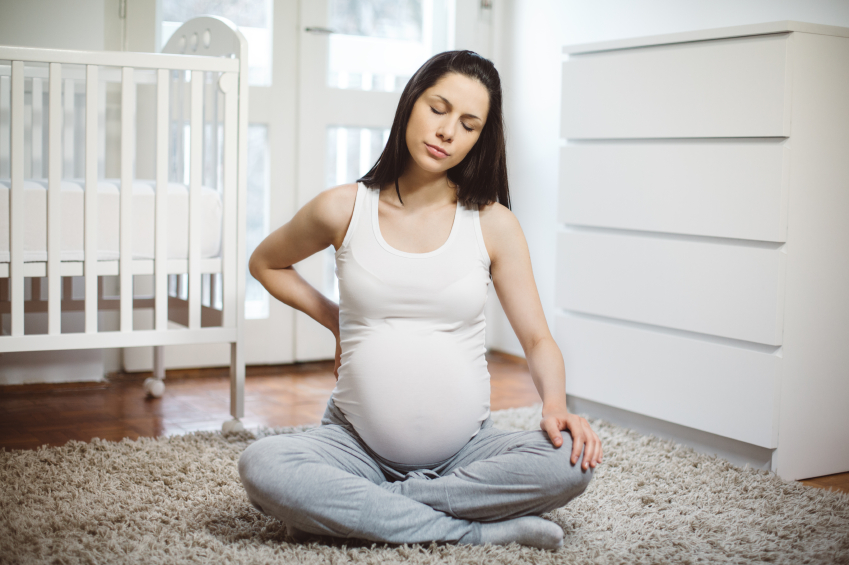
Other changes that may be worrying include severe generalised itch, headaches, limb swelling, pains around the right side of your upper abdomen or bleeding
Stronger fetal movements

Not every woman experiences these changes and some feel like themselves except for a growing bump, strong nails and hair and a pregnancy glow
Should this occur, please contact your doctor or maternity unit for an urgent review. This may be a sign your liver isn’t working well or your blood pressure is too high.
In general, the changes mentioned in each trimester occur to ensure you have a normal pregnancy and a healthy delivery and baby. Please note that not every woman experiences these changes and some feel like themselves except for a growing bump, strong nails and hair and a pregnancy glow.

Dr Deyo Famuboni is a UK trained GP working in London with over ten years’ medical experience in the NHS and private services. She is a clinical advisor at the Royal College of General Practitioners and has an avid interest in health and nutrition.
Passionate about living a healthy lifestyle, she ensures she has balanced meals and exercises regularly, as this is very important to the well-being of women.
For more information visit Dr. Deyo’s website: www.doctordeyo.com
Follow: @doctordeyo on Twitter/ Instagram @deyof
For helpful tips about your health, follow Dr Deyo on Twitter: @DoctorDeyo
If you’re looking for more info and advice on health and wellbeing, check out Dr Deyo’s website.
Like this article? Sign up to our newsletter to get more articles like this delivered straight to your inbox.



